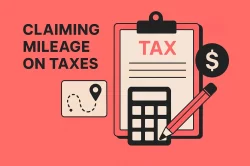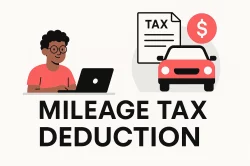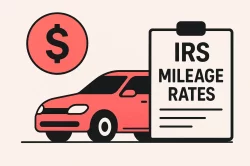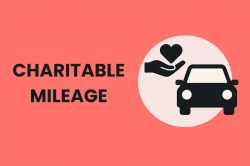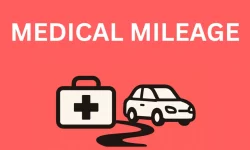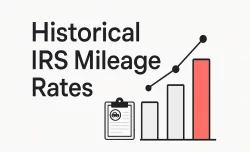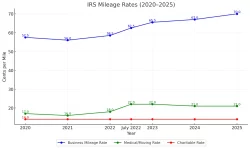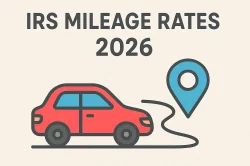Table of Contents
Car insurance protects you financially if something happens to your vehicle or other people get hurt or property gets damaged in an accident you cause. It’s required by law in almost every state, and having the right coverage helps you avoid big costs later.
Why Car Insurance Matters and What it Costs
Car insurance is a contract between you and an insurance company. You pay a regular amount, called a premium. In return, the company agrees to cover certain costs linked to your car, like repairs after a crash or medical bills for injuries, up to certain limits. Most states require you to have at least enough liability coverage to pay for damages and injuries you cause to others.
Car insurance rates have been going up a lot recently. After big jumps in 2023 and 2024, the increases are slowing down a bit. Even with this slowdown, the average cost for auto insurance is expected to reach a new high of $2,101 per year.
Some companies are raising rates more than others. For example, American Family, Allstate, and Liberty Mutual expect bigger rate hikes this year. Also, drivers in New Jersey, Washington, and California are likely to experience the highest jumps.
Understanding Different Types of Car Insurance Coverage
There are several types of car insurance coverage. Knowing what they cover helps you choose the right policy for your needs and your budget.
Here are the common types:
- Liability Coverage: This is what pays for damage or injury you cause to other people or their property. It’s usually required by law. It has two parts:
- Bodily Injury Liability: Pays for medical bills, lost wages, and pain and suffering for people injured in an accident you cause.
- Property Damage Liability: Pays for damage to someone else’s car, house, or other property in an accident you cause.
- Collision Coverage: This pays to repair or replace your car if it’s damaged in a crash, no matter who was at fault. This includes hitting another car or hitting an object like a tree or pole.
- Comprehensive Coverage: This covers damage to your car from things other than driving accidents. This includes theft, vandalism, fire, hail, falling objects, or hitting an animal.
- Personal Injury Protection (PIP): Also called No-Fault insurance in some states, PIP covers medical expenses and lost wages for you and your passengers after an accident, regardless of who caused it.
- Uninsured/Underinsured Motorist Coverage: This protects you if you’re hit by a driver who doesn’t have insurance (uninsured) or doesn’t have enough insurance (underinsured) to cover the damages or injuries they cause.
- Gap Insurance: If you have a car loan or lease, gap insurance covers the difference between what you owe on the car and what its value is if it’s totaled or stolen. Cars lose value quickly, and what you owe might be more than the car’s worth.
- Roadside Assistance & Rental Reimbursement: These are optional coverages. Roadside assistance helps if your car breaks down (towing, flat tire, etc.). Rental reimbursement pays for a rental car while your vehicle is being repaired after a covered claim.
Check out this video for a simple explanation of what car insurance covers: Car Insurance Explained – 101 | Everything you NEED to know!
FAQ
What is car insurance?
Car insurance is a contract between you and an insurance company, providing financial protection against vehicle-related damages, liabilities, or losses.
Do I need special car insurance for business use?
Typically, yes. Standard personal car insurance may not cover business-related activities adequately, making commercial or business-use coverage essential.
Does MileageWise assist with car insurance reporting?
MileageWise can provide precise mileage logs to help accurately report your vehicle usage, which may help determine suitable car insurance coverage.
Try MileageWise for free for 14 days. No credit card required!
Related Terms

Company Car vs Car Allowance: Which is Better for Your Business?
Last Updated: January 19, 2025 Deciding between a company car vs car allowance for your employees involves weighing costs, flexibility, and tax implications. For U.S.
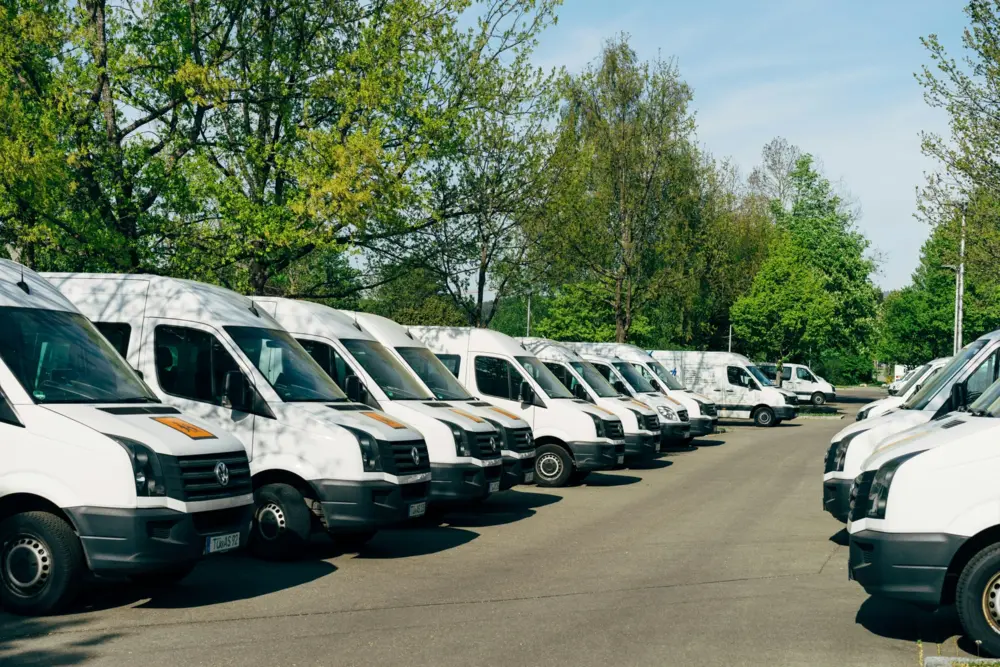
Vehicle Fleet Software to Boost Your Business
Last Updated: January 19, 2026 Vehicle fleet software helps businesses handle their vehicles much better, cutting down costs and making everything run smoother. This type
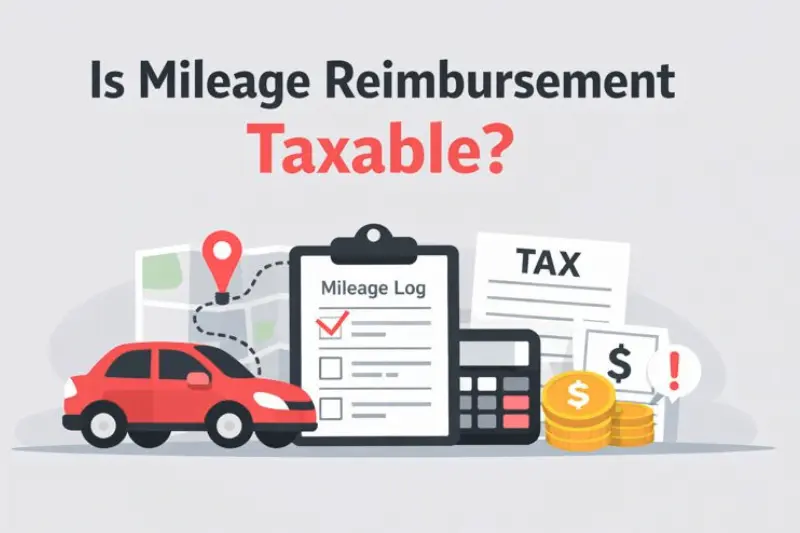
Is Mileage Reimbursement Taxable? The Need to Knows
January 16, 2026 Mileage reimbursement is not taxable if your company follows IRS rules. Specifically, if you reimburse employees at or below the IRS standard
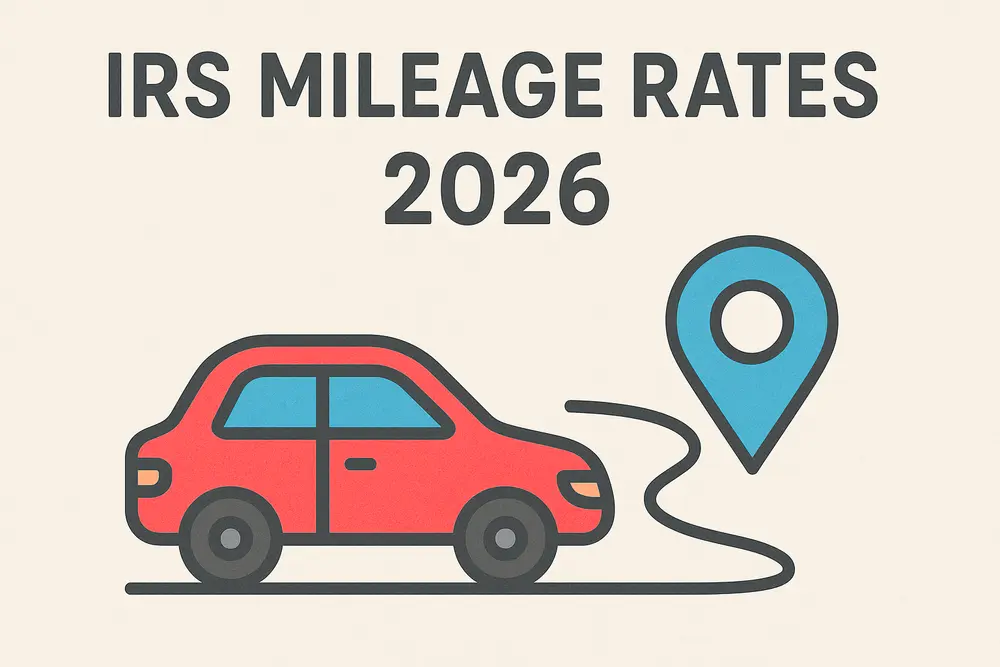
Freshly Announced: See The IRS Mileage Rates for 2026
January 2, 2025 The IRS has officially announced the IRS mileage rates for 2026, and they bring important updates for self-employed individuals, gig workers, small
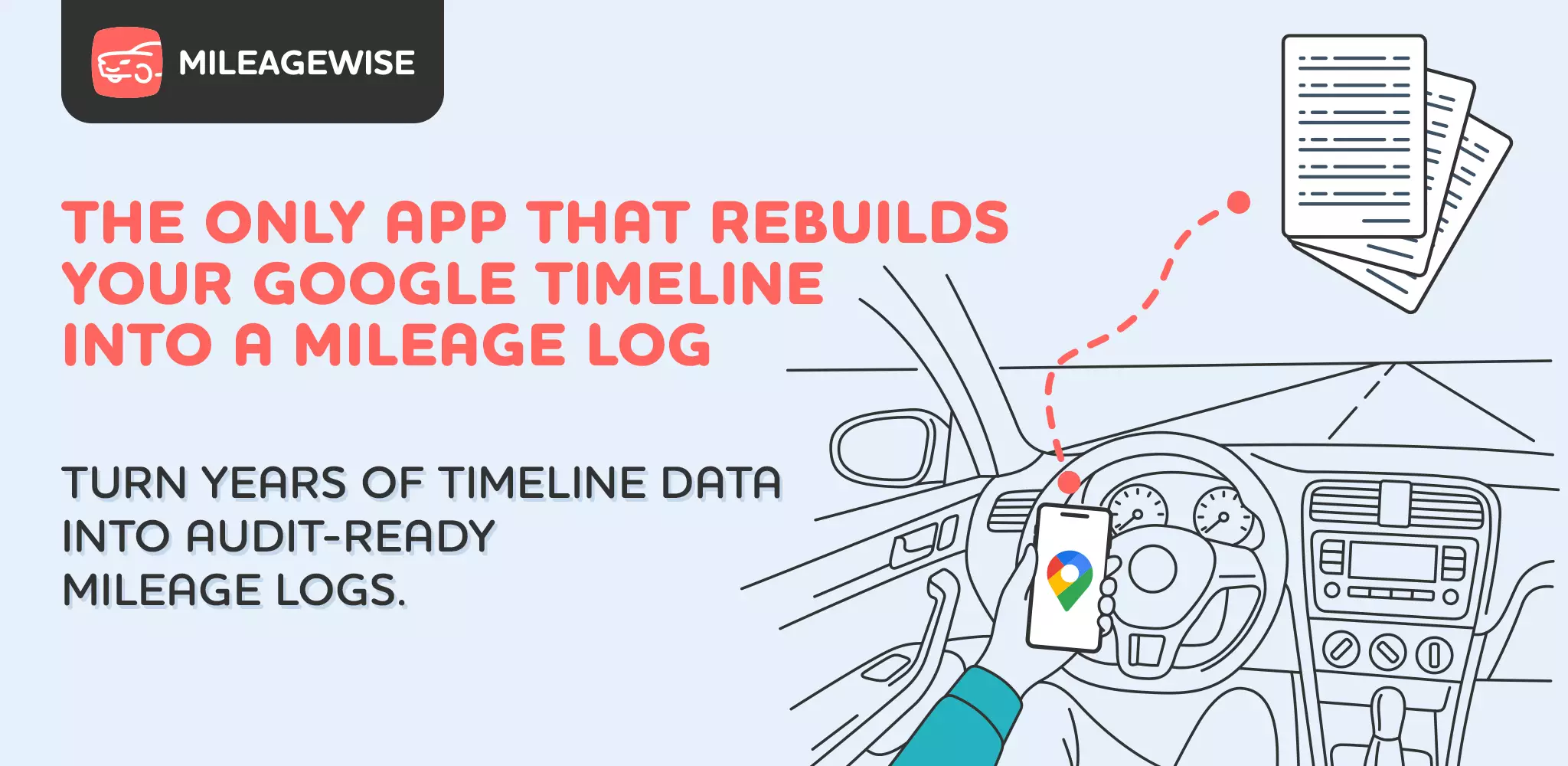
Introducing the Mileage Log from Google Maps App
We’re excited to share our latest development! You can now convert your Google Maps Timeline drives directly into an IRS-compliant mileage log right on your

DoorDash Tips and Tricks: Your Edge Over Competition
Last Updated: November 17, 2025 I’m excited to share the top DoorDash tips and tricks shared by YouTuber Pedro “Mr.BetonYou” Santiago. He collected and vetted the
Related Guides


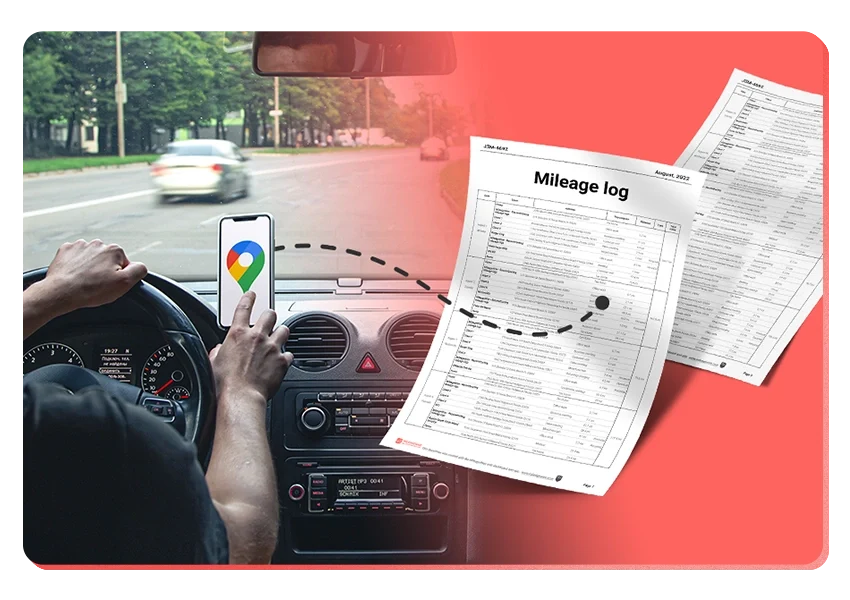
It’s Finally Here! Google Maps Timeline Import from Mobiles
Transform your Trip Lists into Mileage Logs with MileageWise

Company Car vs Car Allowance: Which is Better for Your Business?
Last Updated: January 19, 2025 Deciding between a company car vs car allowance for your employees involves weighing costs, flexibility, and tax implications. For U.S.

Vehicle Fleet Software to Boost Your Business
Last Updated: January 19, 2026 Vehicle fleet software helps businesses handle their vehicles much better, cutting down costs and making everything run smoother. This type

Is Mileage Reimbursement Taxable? The Need to Knows
January 16, 2026 Mileage reimbursement is not taxable if your company follows IRS rules. Specifically, if you reimburse employees at or below the IRS standard

Freshly Announced: See The IRS Mileage Rates for 2026
January 2, 2025 The IRS has officially announced the IRS mileage rates for 2026, and they bring important updates for self-employed individuals, gig workers, small

Introducing the Mileage Log from Google Maps App
We’re excited to share our latest development! You can now convert your Google Maps Timeline drives directly into an IRS-compliant mileage log right on your

DoorDash Tips and Tricks: Your Edge Over Competition
Last Updated: November 17, 2025 I’m excited to share the top DoorDash tips and tricks shared by YouTuber Pedro “Mr.BetonYou” Santiago. He collected and vetted the

Introducing the Mileage Log from Google Maps App
We’re excited to share our latest development! You can now convert your Google Maps Timeline drives directly into an IRS-compliant mileage log right on your

Was Your Google Timeline Deleted? Here’s What Happened:
Last updated: November 20, 2025 If you recently opened Google Maps and noticed your Timeline was deleted or partially missing, you’re not alone. In this

It’s Finally Here! Google Maps Timeline Import from Mobiles
Struggling to Manage Your Trips After Google’s Timeline Update? If you’re reading this, you’ve likely encountered the recent update affecting Google Maps Timeline. With Timeline
Transform your Trip Lists into Mileage Logs with MileageWise
Last Updated: October 1, 2025 Do you have a list of monthly trips from a data source like Excel or Google Timeline, but need to
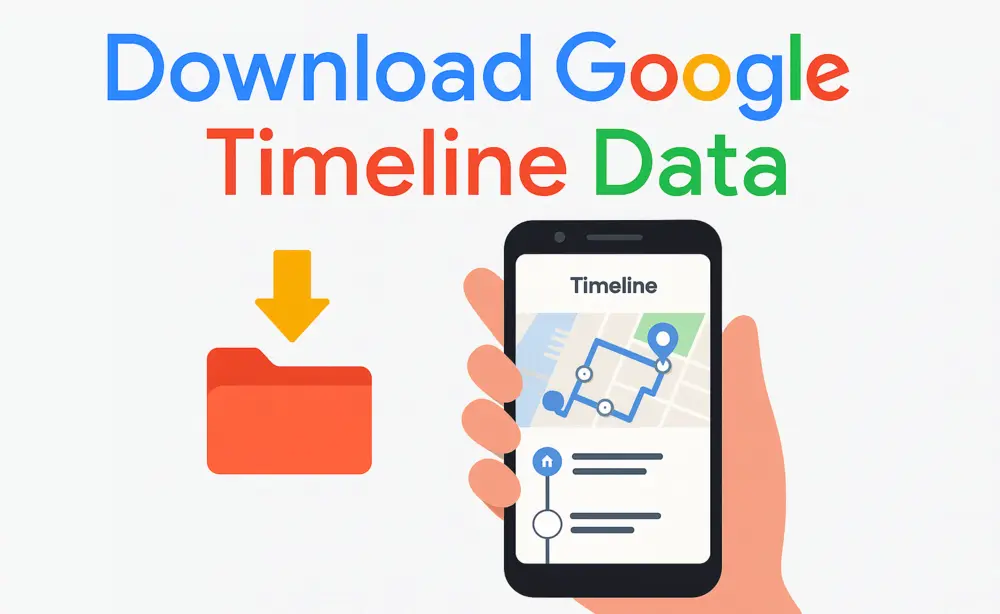
How to Download Google Timeline Data: A Guide
Google Timeline Import Hub Last Updated: October 30, 2025 Want to download Google Timeline data? This guide shows you how to extract your location history
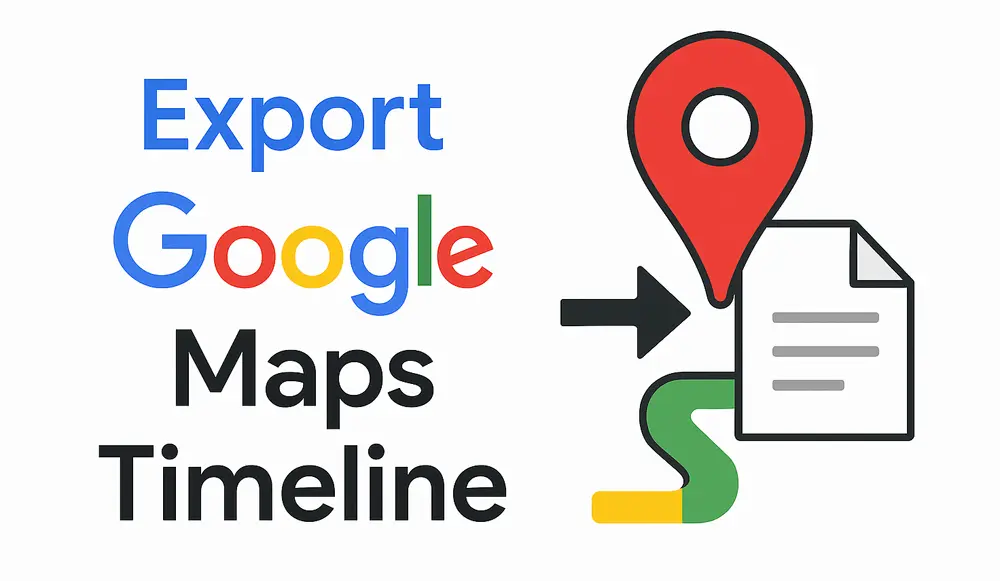
How to Export Google Maps Timeline: Get Your Data
Google Timeline Import Hub Last Updated: October 29, 2025 It can be tricky to export Google Maps Timeline data after Google’s recent updates. Many users
Google Maps Mileage Tracker: From Timeline to Mileage Log
Google Timeline Import Hub Last Updated: October 29, 2025 If you’re an active user of Google Maps Timeline you likely already know how convenient it
Timeero
Table of Contents Timeero Timeero is a time, location, and mileage tracking app designed for businesses and teams in the United States. It helps employers
Milewise by Allstate
Table of Contents Milewise by Allstate Milewise by Allstate is a pay-per-mile car insurance program offered by Allstate Insurance in the United States. It’s designed
Hurldr
Table of Contents Hurdlr Hurdlr is a finance and expense tracking app designed for self-employed professionals, freelancers, and gig workers in the United States. It



